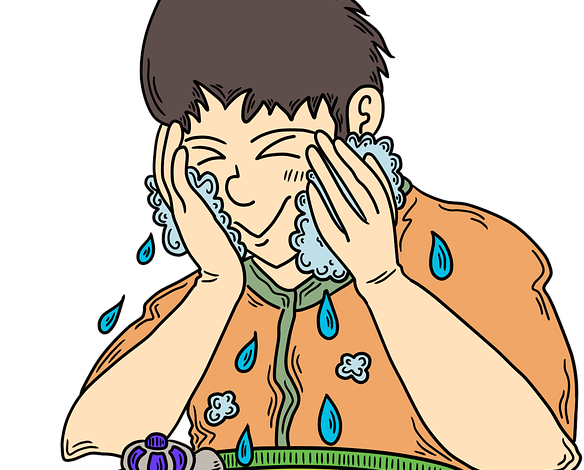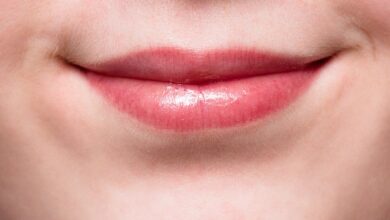
Personal hygiene is a crucial aspect of daily life that significantly impacts health, social interactions, and overall well-being. It encompasses a range of practices aimed at maintaining cleanliness and grooming, which are essential for preventing illness, promoting self-esteem, and fostering a positive public image. This comprehensive guide explores the multifaceted importance of personal hygiene, detailing its benefits, various practices, and the role it plays in different aspects of life.
Health Benefits
1. Prevention of Illness
Maintaining good personal hygiene is one of the most effective ways to prevent infections and diseases. Regular hand washing, for example, can significantly reduce the transmission of pathogens that cause illnesses such as the common cold, influenza, and gastrointestinal infections. The World Health Organization emphasizes that proper hand hygiene can prevent about 30% of diarrhea-related illnesses and about 20% of respiratory infections.
2. Oral Health
Oral hygiene, including regular brushing and flossing, is essential for preventing dental problems such as cavities, gum disease, and bad breath. Poor oral hygiene can lead to severe health issues, including heart disease and diabetes, as bacteria from the mouth can enter the bloodstream and affect other parts of the body.
3. Skin Care
Regular bathing and proper skincare can prevent dermatological issues like acne, fungal infections, and body odor. Keeping the skin clean helps to remove dead skin cells, excess oils, and bacteria, promoting a healthy complexion and preventing infections.
4. Reproductive Health
For both men and women, maintaining hygiene in the genital area is crucial for preventing infections, such as urinary tract infections (UTIs) and sexually transmitted infections (STIs). Proper hygiene can also enhance reproductive health and overall comfort.
Psychological and Social Benefits
1. Boosting Self-Esteem and Confidence
Good personal hygiene contributes to a positive self-image and self-esteem. When individuals feel clean and well-groomed, they are more likely to feel confident and comfortable in social interactions. This can lead to improved relationships, better job performance, and an overall sense of well-being.
2. Social Acceptance
Society often judges individuals based on their appearance and cleanliness. Poor personal hygiene can lead to social stigma and exclusion, whereas good hygiene practices can enhance social acceptance and respect. Being well-groomed and maintaining cleanliness can positively influence others’ perceptions and create a more favorable social environment.
3. Mental Health
Maintaining personal hygiene is linked to better mental health. Engaging in regular grooming routines can provide a sense of control and structure, particularly for individuals dealing with stress, depression, or anxiety. It can be a form of self-care that promotes mental well-being and a positive outlook on life.
Essential Hygiene Practices
1. Hand Hygiene
Frequent hand washing with soap and water is essential for preventing the spread of germs. Hands should be washed before eating, after using the restroom, and after coughing, sneezing, or touching potentially contaminated surfaces. When soap and water are not available, using hand sanitizer with at least 60% alcohol is an effective alternative.
2. Oral Hygiene
Brushing teeth at least twice a day with fluoride toothpaste, flossing daily, and regular dental check-ups are key practices for maintaining oral health. Additionally, limiting sugary foods and drinks can help prevent tooth decay.
3. Bathing and Skin Care
Regular bathing helps remove dirt, sweat, and bacteria from the skin. Using mild soaps and moisturizers can maintain the skin’s natural barrier and prevent dryness and irritation. Paying attention to areas prone to moisture, such as underarms and feet, can help prevent odor and infections.
4. Nail Care
Keeping nails clean and trimmed prevents the accumulation of dirt and bacteria that can cause infections. Regular nail care also helps prevent issues like ingrown nails and fungal infections.
5. Hair Care
Regular shampooing and conditioning keep the hair and scalp clean and healthy. For individuals with longer hair, combing or brushing helps prevent tangles and distributes natural oils, promoting healthy hair growth.
6. Clothing Hygiene
Wearing clean clothes is important for personal comfort and social acceptability. Clothes should be washed regularly, especially after sweating or exposure to contaminants. Wearing appropriate clothing for different activities and weather conditions also contributes to overall hygiene.
Hygiene in Special Situations
1. During Illness
When sick, it is crucial to maintain strict hygiene practices to prevent spreading illness to others. This includes frequent hand washing, covering the mouth and nose when coughing or sneezing, and disposing of tissues properly.
2. In Healthcare Settings
Healthcare workers must adhere to rigorous hygiene standards to prevent the spread of infections. This includes wearing protective clothing, frequent hand washing, and following sterilization protocols for medical instruments.
3. Traveling
When traveling, especially to areas with different sanitary conditions, maintaining personal hygiene is essential to avoid illness. This includes using bottled or treated water, avoiding raw foods, and practicing good hand hygiene.
Personal hygiene is a fundamental aspect of daily life that profoundly impacts health, social interactions, and mental well-being. By adopting and maintaining good hygiene practices, individuals can prevent illness, enhance their self-esteem, and enjoy better social relationships. From hand washing and oral care to bathing and grooming, each aspect of personal hygiene plays a vital role in promoting a healthy and fulfilling life. Prioritizing hygiene not only benefits the individual but also contributes to the overall health and harmony of the community.



